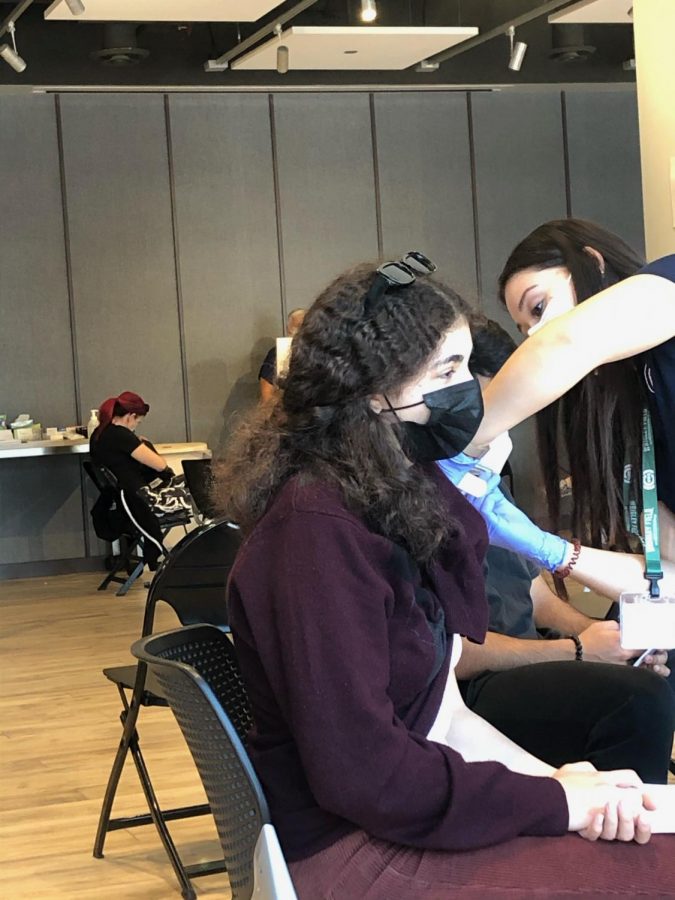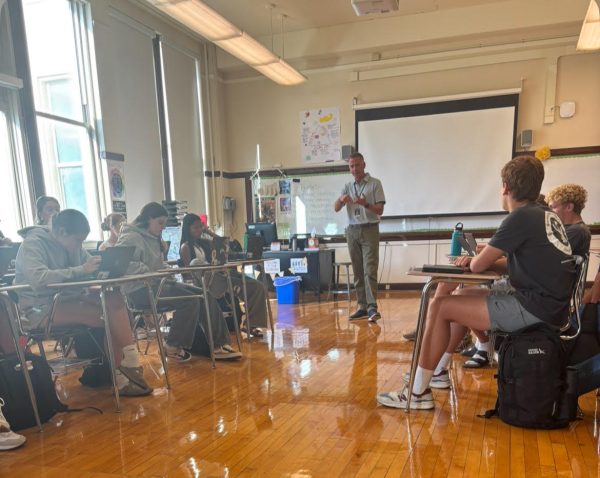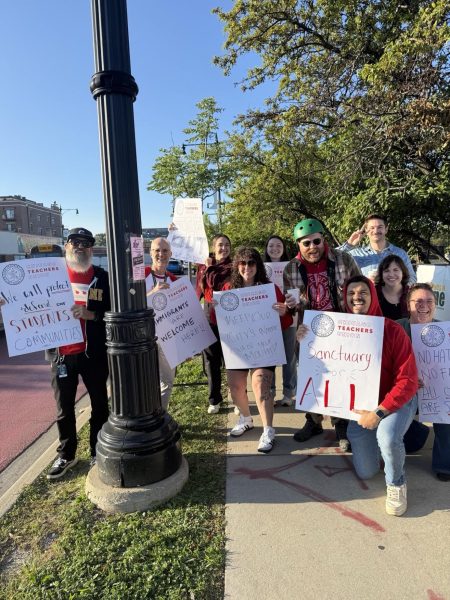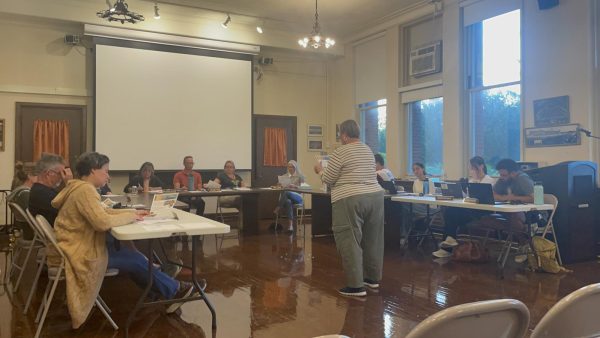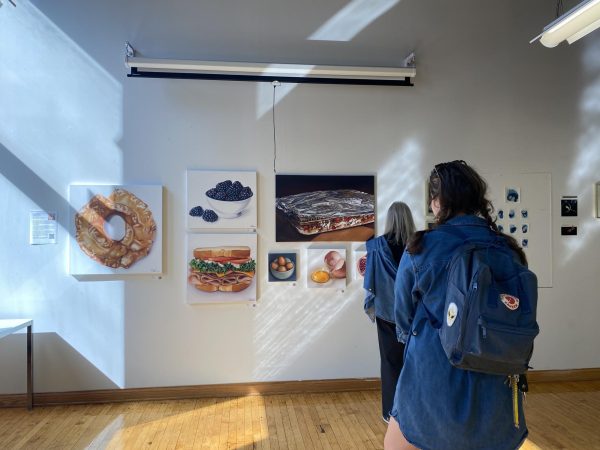Students reflect on COVID-19 Vaccinations
Almost a year of living with COVID-19, there is a sense of a return to normalcy looming as almost everyone in the country is eligible to get vaccinated. High school students have now joined adults in being eligible to start their vaccination process.
On April 19, the CDC announced that all adults 16 and older were eligible to get vaccinated. The FDA, on May 10, announced their approval for 12-15 year olds to receive the Pfizer-BioNTech. Recently, the CDC released a new guideline saying that fully vaccinated people can go without masks both indoors and outdoors.
The CDC, while it is a federal agency that informs and gives advice to the public on how to live with not only COVID-19 but other diseases, does not make laws. This past year, the public has received many guidelines regarding the pandemic.
Locally, Chicago has set up vaccination sites at pharmacies, mass vaccination sites and hospitals. After the FDA announced that 12-15 year olds are eligible, Chicago announced that they would start vaccinations on May 13.
Currently, CPS does not require vaccinations, though the majority of its students can get vaccinated. However, CPS is recommending that students get vaccinated.
On April 23, CPS sent out an email with information on vaccines and how students can schedule an appointment. In addition, on May 13, CPS sent out another email containing information on vaccine scheduling for 12-15 year olds.
Students can use the vaccine finder website to search for a site local to them or call a local pharmacy.
Although CPS is not requiring their students to be vaccinated, many universities are adding another responsibility for incoming college freshmen.
“I got vaccinated because the university that I am going to requires for incoming students to get vaccinated. Second, I wanted to protect myself and others from the virus and contribute to not spread the virus,” Ann Duong said, Div 170, in an interview via text.
Currently, around 400 universities require their students to be vaccinated prior to the fall.
“Yes, schools should require vaccines for the same reasons they ask for vaccines for other viral infections because the health of a student is important for their education and other students’ education. If a person at school is sick, it would cause fear for other students and staff and the virus can spread easily to others,” Duong said.
Senior Class President Natasha Gonzalez, Div. 156, said she does not believe universities should require the COVID-19 vaccine.
“I’m not sure about having them be required — like strictly required, definitely having them be highly encouraged,” Gonzalez said.
Gonzalez acknowledges that there are people who have allergies or medical conditions that make them allergic to vaccines. Gonzalez does understand why some schools are requiring their students to be vaccinated; people who are fully vaccinated can be around other fully vaccinated people without masks, she just does not see it as being fully necessary.
Both Gonzalez and Duong had no concerns about getting vaccinated or the vaccine side effects.
Gonzalez got vaccinated at a mass vaccination site in the suburbs due to it being the only place that she could find an appointment.
In Chicago, there are mass vaccination sites scattered around the city, with the most well known site being at the United Center.
It has been stated by doctors and COVID-19 experts that fully vaccinated people can still contract COVID-19 but the chance is low. Guidelines from CDC concerning the pandemic are nothing new, but as more people get vaccinated, there could be a sense of normal returning. In Illinois, Gov. Pritzker stated that fully vaccinated people can go maskless in certain vaccinations but Mayor Lightfoot is deciding to keep Chicago masked. When the CDC announced vaccinated people can be maskless outside and inside, President Biden named it a “great day for America,”
“I can see that we are going back to normal because of vaccinations, but it has to be a slow progression,” Duong said.
Your donations directly fund the Lane Tech student journalism program—covering essential costs like website hosting and technology not supported by our school or district. Your generosity empowers our student reporters to investigate, write, and publish impactful stories that matter to our school community.
This website is more than a publishing platform—it's an archive, a research tool, and a source of truth. Every dollar helps us preserve and grow this resource so future students can learn from and build on the work being done today.
Thank you for supporting the next generation of journalists at Lane Tech College Prep!
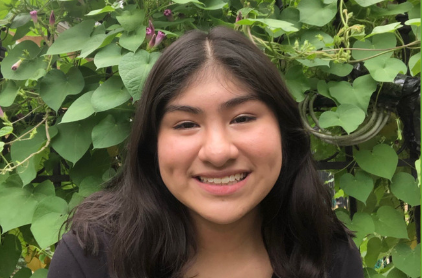
Emily, a senior, is returning to The Champion (formerly The Warrior) for her second and final year. A beginner guitar player, Emily enjoys listening to...

